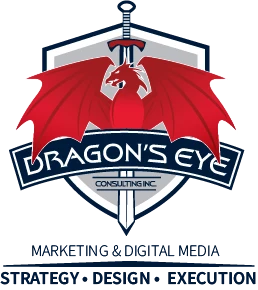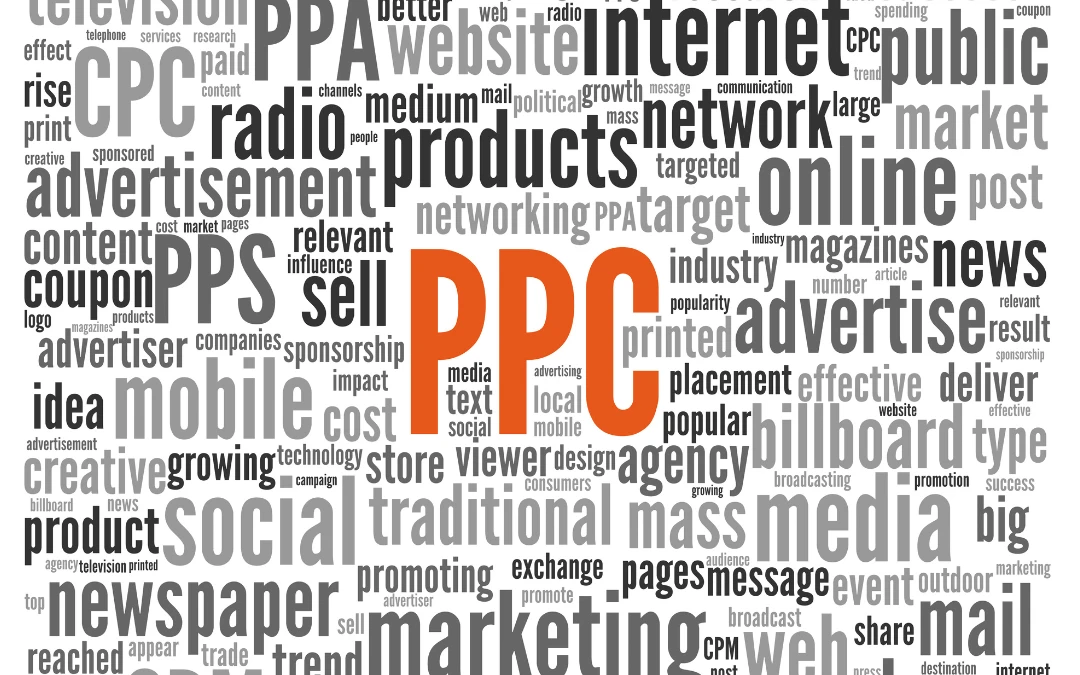PPC Management Guide: CPC vs CPM and Strategies
Pay-per-click (PPC) advertising is an effective way for businesses to drive targeted traffic to their website. With PPC ads, you only pay when someone clicks on your ad, making it a cost-effective marketing strategy. Let’s review what PPC is, the difference between PPC and CPC, and how to get PPC management in St. Catharine’s, Hamilton.
Cost Per Click Explained
PPC stands for pay-per-click, a model of internet marketing where advertisers pay a fee each time one of their ads is clicked. Essentially, you’re paying for web traffic. The most common PPC platform is Google Ads, where companies bid on keywords relevant to their business. When someone searches for that keyword, their ads may appear next to the search results. By only paying when clicks occur, PPC helps companies maximize their return on investment from advertising spend.
CPC and CPM
Two common PPC pricing models are CPC (cost-per-click) and CPM (cost-per-thousand impressions). With CPC, you’re charged each time your ad is clicked. CPM means you pay for every 1,000 impressions (views) your ad receives. CPC is the more popular model on search engines like Google, since clicks directly show interest from customers. CPM is common for display advertising, where simply exposing users to the brand has value. Most PPC campaigns utilize CPC pricing to align ad spend with potential sales.
Benefits and Drawbacks of PPC Advertising
Some of the benefits of PPC advertising include:
- Cost-effectiveness – You only pay when users engage with your ads
- Measurable results – Click and conversion tracking shows clear ROI
- Targeting capabilities – Reach your target audience with laser focus
- Flexibility – Launch and pause campaigns rapidly as needed
However, some potential drawbacks include:
- Ongoing budget commitment – Campaigns require continuous funding to maintain rankings
- Higher costs for competitive keywords – Popular keywords can get expensive
- Click fraud – Competitors intentionally clicking your ads to drain the budget
- Maintenance required – Accounts need monitoring to optimize performance
Calculating the CPC
When launching a PPC campaign, you set a maximum CPC bid for your target keywords. Google Ads then automatically sets your actual CPC based on the minimum needed to maintain visibility. Factors determining your CPC include:
- Your max CPC bid
- Competitor bids trying to rank for the same term
- Quality score Google assigns your ads and landing pages
- Ad auction dynamics for that keyword
Start with researching the suggested bid range for your keywords, then test different bids to find the optimal CPC that generates conversions at an acceptable rate.
How to Reduce the CPC of Your PPC Campaigns
Here are some tips for lowering your PPC costs:
- Improve ad relevance by researching high-performing keywords
- Enhance ad copy to increase clickthrough rate
- Create more targeted ad groups around buyer keywords
- Design quality landing pages that convince visitors to convert
- Boost your quality score by creating relevant ads and improving user experience
- Take advantage of ad extensions like callouts and location targeting
- Use negative keywords to avoid irrelevant clicks
- Set individual bids for each keyword based on conversion potential
- Test pausing expensive keywords that aren’t performing
Continuously optimizing your PPC campaigns allows you to decrease CPC over time while maintaining or improving results.
Contact Dragon’s Eye Consulting for PPC Management in St. Catharine’s, Hamilton
At Dragon’s Eye Consulting, we specialize in PPC management in St. Catharine’s, Hamilton with profitable PPC campaigns for businesses across various industries. Our team stays on top of the latest PPC trends and techniques to maximize your advertising ROI. Contact us today to set up and optimize a Google Ads PPC campaign for your business.

